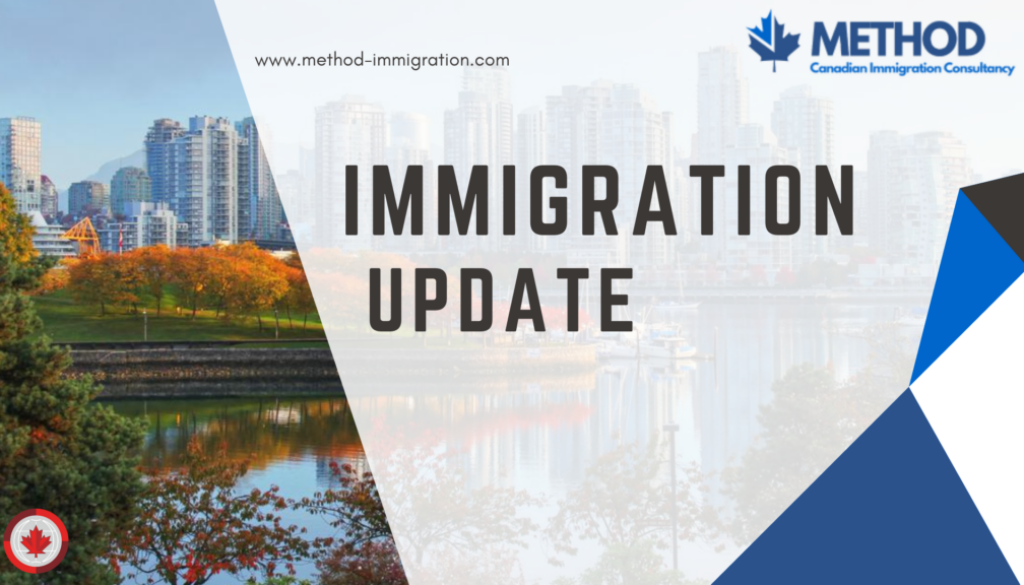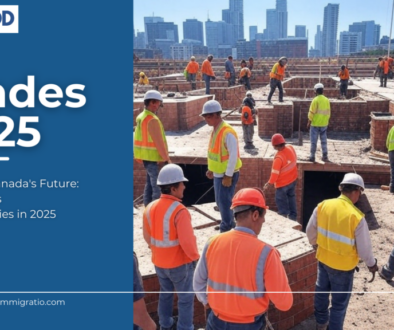Canada Unveils Innovative Immigration Pathway for Rural Revitalization
In a groundbreaking move aimed at tackling rural depopulation and stimulating economic growth in less urban areas, Canada’s Immigration, Refugees and Citizenship Canada (IRCC) has announced a new immigration pathway specifically designed for rural and remote communities. This initiative, named the “Rural Revitalization Program” (RRP), is set to launch in the spring of 2025.
Background:
The RRP comes at a time when many of Canada’s rural regions face challenges such as aging populations, labor shortages, and declining local economies. The new program seeks not only to fill these gaps but also to promote sustainable development and cultural integration in these communities.
Key Features of the Rural Revitalization Program:
- Community Nomination: Local communities will have a significant role in nominating candidates. Through partnerships with regional economic development agencies, communities can identify and nominate individuals or families who have the skills or entrepreneurial spirit to contribute to local growth.
- Priority Processing: Applications under the RRP will benefit from expedited processing times, ensuring that new residents can start contributing to their new communities without unnecessary delays.
- Diverse Pathways: The program includes special considerations for healthcare professionals, educators, skilled tradespeople, and entrepreneurs, aiming to address specific local needs.
- Support Services: IRCC is collaborating with provincial and territorial governments to provide comprehensive support services for newcomers, including language training, job placement assistance, and cultural integration programs.
- Economic Incentives: To encourage settlement in these areas, the federal government, along with participating provinces, will offer financial incentives, such as startup grants for businesses or housing assistance.
Statement from the Minister
Marc Miller, Minister of Immigration, Refugees, and Citizenship, stated, “The Rural Revitalization Program is a testament to our commitment to balanced growth across Canada. By inviting newcomers to enrich our rural communities, we are fostering a vibrant, diverse, and sustainable Canada for all.”
Community Response:
The announcement has been met with optimism by rural leaders. “This is the kind of initiative we’ve been advocating for years. It’s not just about bringing people to our towns; it’s about ensuring they have the support to thrive here,” said Sarah Johnson, mayor of a small town in Northern Ontario.
Challenges and Opportunities:
While the program promises numerous benefits, challenges like ensuring long-term retention of newcomers in rural settings, providing adequate infrastructure, and managing cultural integration will require ongoing attention. However, if successful, the RRP could serve as a model for immigration policies worldwide, focusing on community-driven development.
Looking Forward:
The government plans to monitor the impact of the RRP closely, with regular assessments to refine the program. The first phase will involve pilot projects in selected communities before a broader rollout.
For those interested in learning more about this program or to see if they qualify, further details will be available on the IRCC website in the coming weeks, and consultations with immigration experts like those at Method Immigration, led by Laura Dickenson, could provide personalized guidance.
About Method Immigration:
Method Immigration, under the leadership of Laura Dickeson, specializes in navigating the complexities of Canadian immigration laws, offering tailored services to those looking to make Canada their home. With this new development, Method Immigration is poised to assist clients in leveraging the RRP for their immigration goals.



